How To Connect Schools And Communities Using Technology
TeachThought
JULY 12, 2024
How To Connect Schools And Communities Using Technology by Terry Heick It’s possible that there is no time in the history of education that our systems of educating have been so out of touch with the communities. Growing populations, shifting communities, and increasingly inwardly-focused schools all play a role. In light of the access of modern technology, social media, and new learning models that reconfigure the time and place learning happens, it doesn’t have to be that way.



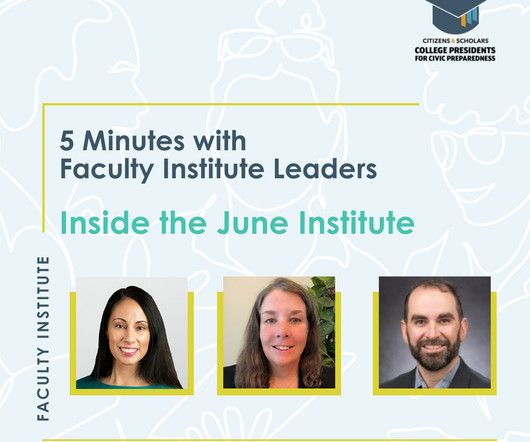
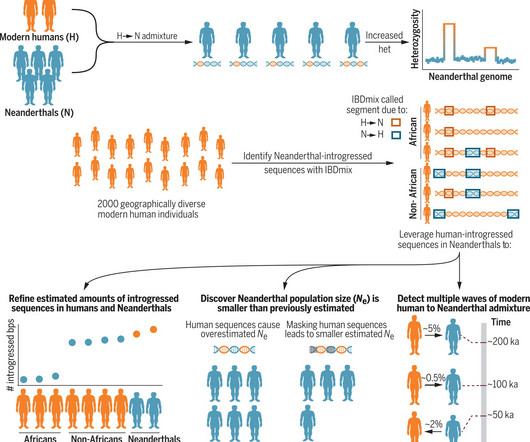
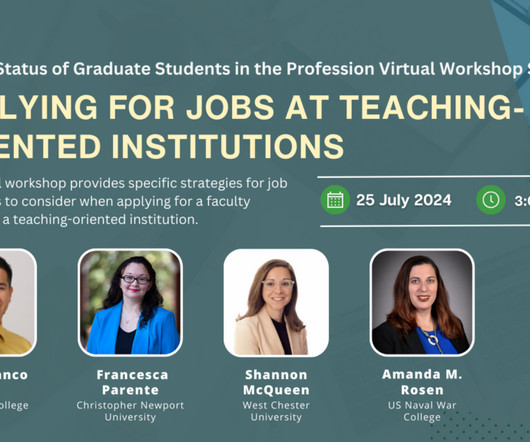
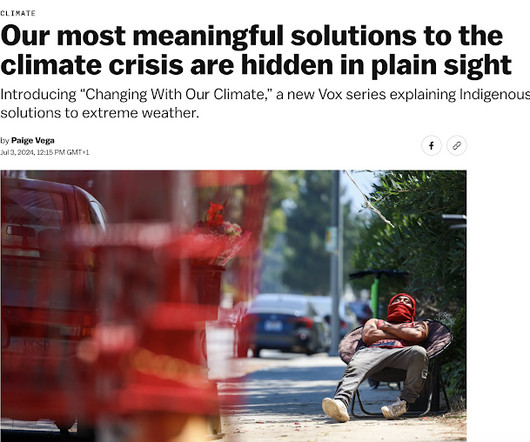
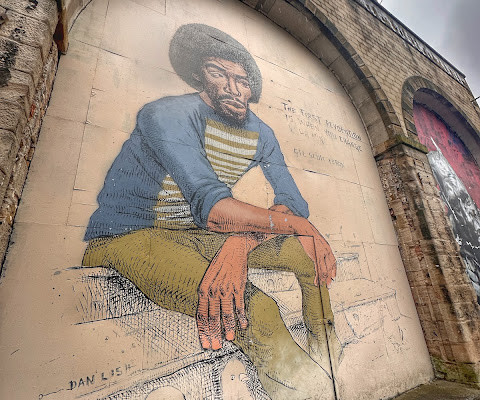







Let's personalize your content